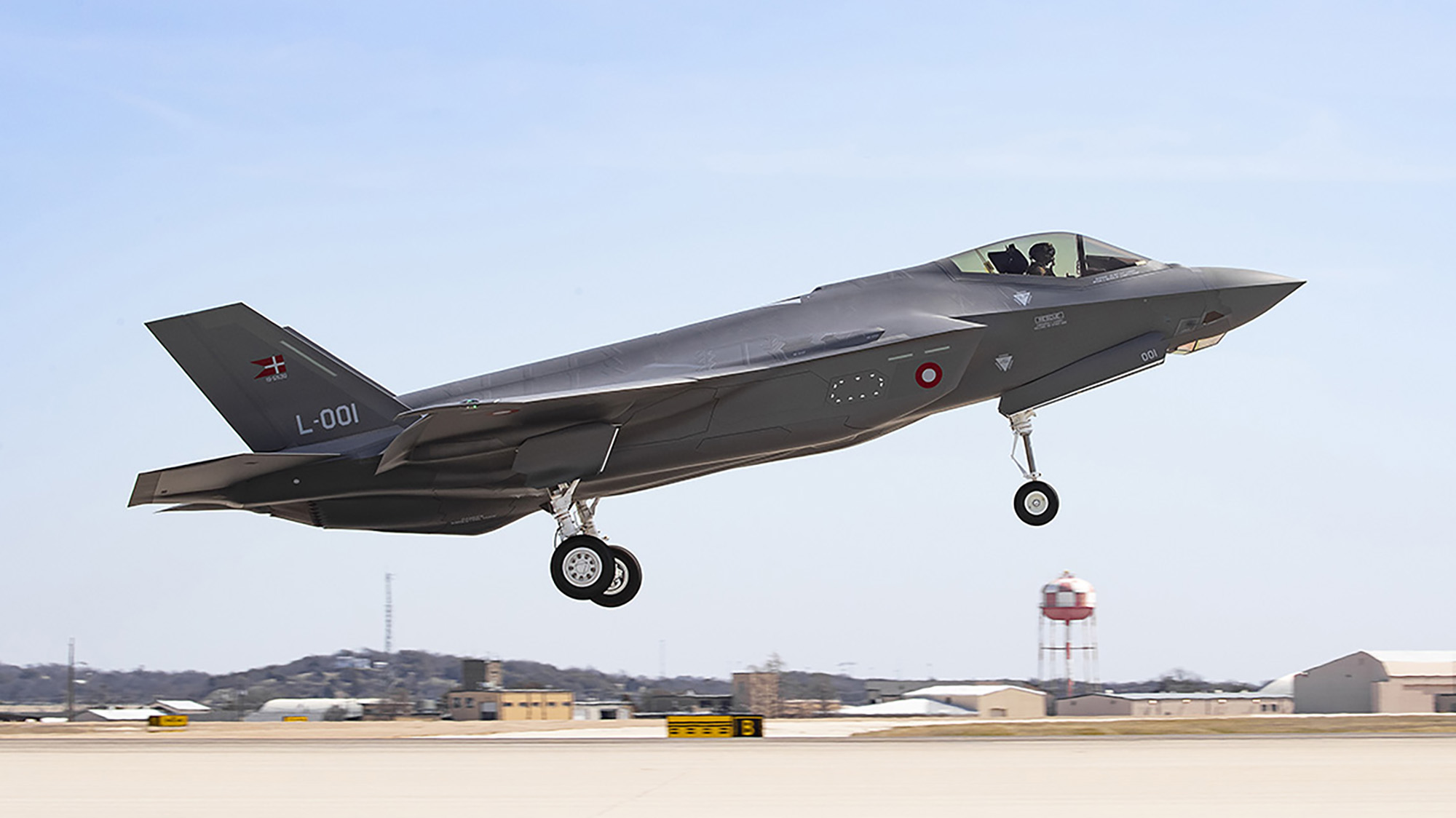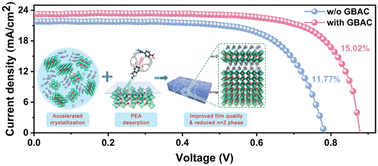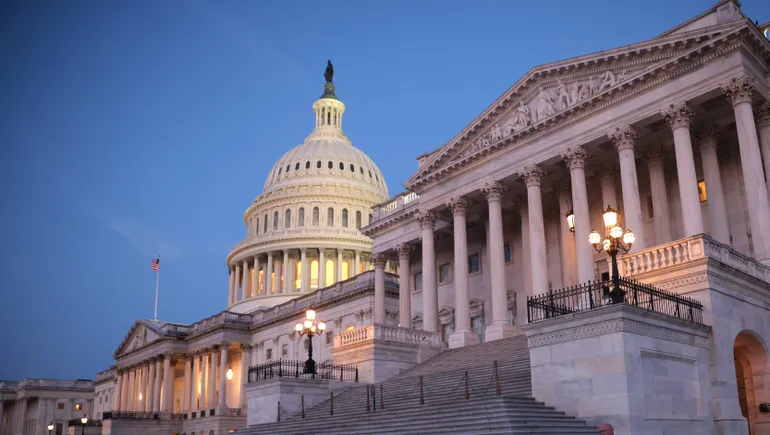US trade representative holds second hearing on Chinese ship fees
The U.S. trade representative on Monday will hold a second hearing into proposed port fees on Chinese ships that could add substantial costs to moving cargo through American ports. The post US trade representative holds second hearing on Chinese ship fees appeared first on FreightWaves.

United States Trade Representative Jamieson Greer will hold a second round of hearings Monday in Washington on port fees for China-built,- owned and -operated ships docking at American ports.
The punitive fees are meant to blunt China’s maritime dominance and help kick-start U.S. shipbuilding.
Public comments ahead of the USTR’s first hearing in April led to dramatic changes, notably from a scheme of blanket charges on all ships to fees based on net tonnage and number of containers carried.
Expectations are that any changes by USTR this time will be less substantial in regard to container shipping.
“We might expect fewer revisions this time around – simply because the first proposal would be highly destructive to the maritime supply chain servicing the U.S., whereas the second proposal is more manageable from a container shipping perspective – although it still contains problematic elements … for example in relation to car carriers,” said Lars Jensen of consultant Vespucci Maritime in a LinkedIn post.
American exporters of bulk commodities such as grain and soybeans say the fees will make their products less competitive in the global market.
“Individuals don’t pay [directly] to build aircraft carriers; farmers don’t want to pay to build ships,” said Peter Friedmann, executive director of the Agricultural Transportation Coalition. “If we are not competitive on price, buyers will find other markets.”
Jensen said shippers should expect that ocean carriers will attempt to pass on resultant costs in the form of new surcharges.
He added that U.S. companies still face higher costs due to the Trump administration’s proposed new tariffs on containers, cranes, chassis and chassis parts.
Any new changes could go into effect either in mid-October or in 180 days depending on whether USTR revises the implementation date.
Find more articles by Stuart Chirls here.
Related coverage:
Long Beach sees record TEUs on trade war effect
Hapag-Lloyd expects swift China ramp-up after bookings jump 50%
Tariff two-step: After pause, China-US container traffic increases
Maersk looks to fill up corridors in a flash (sale)
The post US trade representative holds second hearing on Chinese ship fees appeared first on FreightWaves.






















































































































































